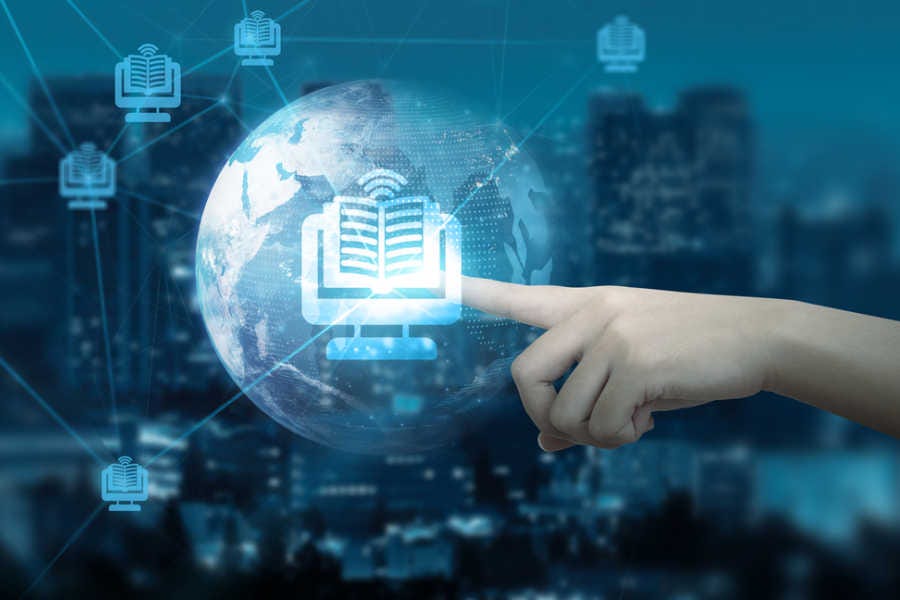Q&A: Nikhil Arora, CEO of Epignosis and TalentLMS
While it's often discussed in terms of data, AI can also enhance the human elements of DEI training.
Nikhil Arora has over 25 years of experience driving business transformation, with a particular focus on SaaS solutions for SMBs. Previously, he held management positions at GoDaddy, WeWork, Intuit and ADP.
Can AI enhance learning on topics such as DEI in ways that do more than make processes "efficient"? In other words, how does technology add to the di…
Keep reading with a 7-day free trial
Subscribe to WorkforceAI to keep reading this post and get 7 days of free access to the full post archives.




